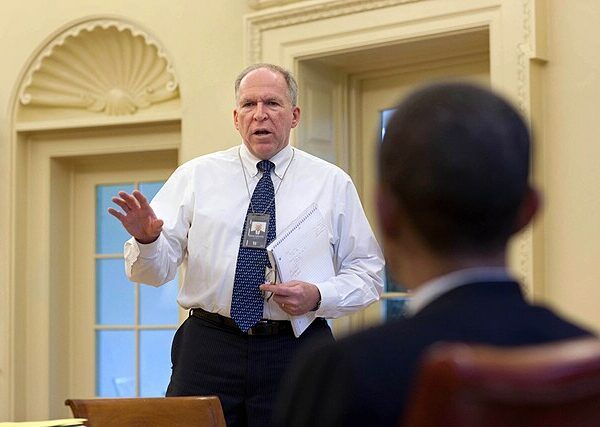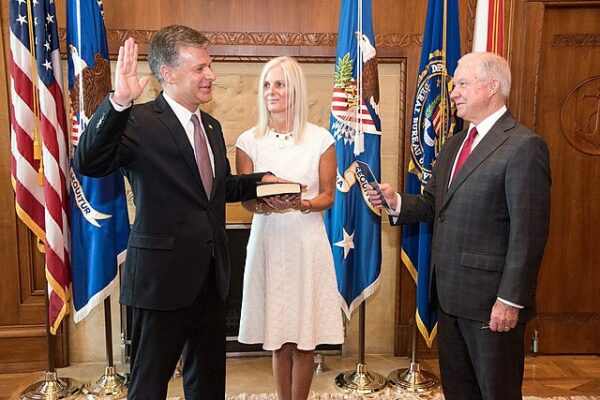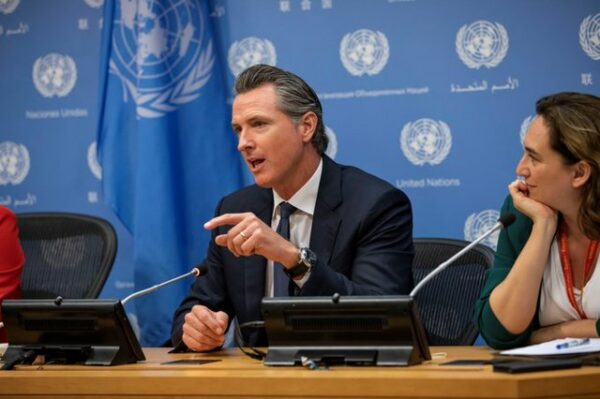
In the graphic novel and movie, “Snowpiercer, Earth becomes a frozen wasteland due to a failed climate engineering experiment. The remnants of humanity survive aboard a perpetually moving train named Snowpiercer, which circles the globe. A harrowing tale, the train is strictly divided into a rigid class system, with the wealthy elites occupying the luxurious front cars and the oppressed lower class confined to squalid conditions in the tail section.
As you might guess, this class distinction can only last so long. Eventually, trapped inside a train driving through a frozen wasteland, the back of the train launches an uprising against the front. An NCP favorite, the story is riveting and explores themes of class struggle, human nature, and the consequences of unchecked power.
Liberals in the White House apparently watched the movie and took all the wrong lessons. That’s the only conclusion that can be made from the administration’s recent report about a newly touted strategy to fight climate change.
Folks, the Democrats are considering blocking out the Sun.
Calling it a “controversial concept,” Politico writes that the White House has offered “measured for the idea of studying how to block sunlight from hitting Earth’s surface” to limit global warming.
The White House report released late Friday indicates that the Biden administration is open to studying the possibility that altering sunlight might quickly cool the planet. But it added a degree of skepticism by noting that Congress has ordered the review, and the administration said it does not signal any new policy decisions related to a process that is sometimes referred to — or derided as — geoengineering.
“A program of research into the scientific and societal implications of solar radiation modification (SRM) would enable better-informed decisions about the potential risks and benefits of SRM as a component of climate policy, alongside the foundational elements of greenhouse gas emissions mitigation and adaptation,” the White House report said. “SRM offers the possibility of cooling the planet significantly on a timescale of a few years.”
Skeptically or not, that the White House weighed in on solar experimentation at all is remarkable. The concept has created divisions among experts, with some saying it could be a last line of defense against runaway warming if nations fail to reduce their greenhouse gas emissions, while others warn that it could result in an atmospheric substance dependency that, if stopped, could lead to abrupt increases in temperatures.
“The fact that this report even exists is probably the most consequential component of this release,” said Shuchi Talati, the executive director of the Alliance for Just Deliberation on Solar Geoengineering, a nonprofit that seeks to include developing countries in the debate over solar modification. “This report also signals that the U.S. government is supportive of well-governed research, including outdoor experimentation, which I think is quite significant.”
To reiterate what we said last week: much of this kind of stuff seems to have less to do with really saving the planet; otherwise, they’d be spending less time working on ways to block out the Sun and more time focusing on nuclear energy. Rather it appears to be more about building up as much despair as possible among the populace.
“Further studies have found a significant association between climate anxiety and poor mental health, including symptoms of depression and anxiety. Adolescents with high levels of climate anxiety were more likely to report poor mental health compared to those with lower levels of climate anxiety.”
Politicians and bureaucrats have gone so overboard with predicting Armageddon that a group of climate researchers have begged them to stop trying to frighten people.
“In a letter in the Proceedings of the National Academy of Sciences,” New Conservative Post discussed last October, “the authors write that many scientists are focusing way too much of the worst-case scenarios of climate change and environmental shifts all around the globe. While the team notes that these problems are real, constantly preaching impending doom is counter-productive and overshadows the more likely outcomes of global warming. These more-likely outcomes fall into the middle of the climate change conversation — not good, but also not extremely bad.”
[Read More: Two Trump Associated Allegedly ‘Flip’]











